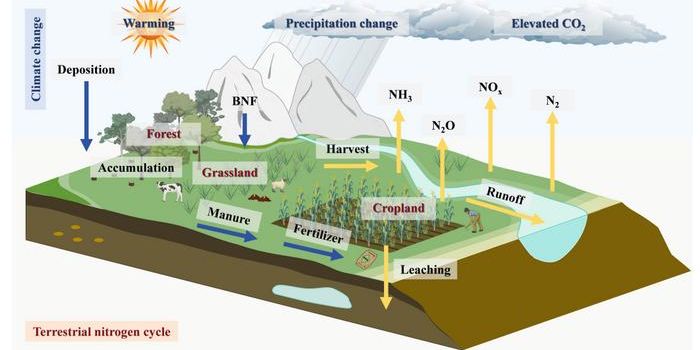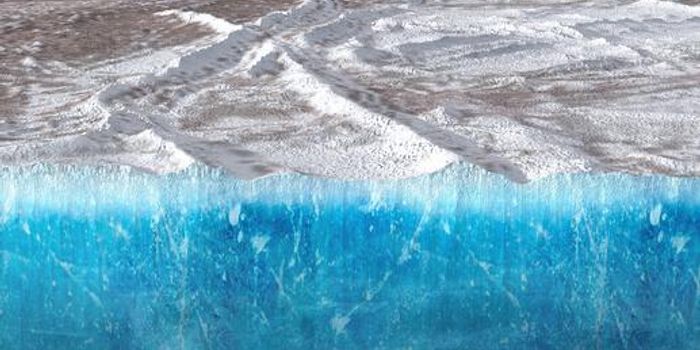Will the EPA let oil companies dump wastewater into our rivers?
The Environmental Protection Agency is currently in considering allowing oil companies to dump wastewater into rivers and streams that many people and animals depend on for drinking water. The process of shale drilling typically produces four or five barrels of wastewater for every barrel of oil. Where to put that wastewater has become a hotly debated topic in recent years.
Although federal clean water regulations technically do allow drillers to discharge wastewater directly into rivers and streams already, the treatment standards for the wastewater are so high that few companies choose to spend the money that would be required to treat the wastewater adequately.
Instead, most oil companies pump wastewater back into the ground, thousands of feet deep. But recent concerns regarding the geology of shale fields have led to oil companies sending their wastewater off-site to disposal wells. “Because of over-pressurization and concerns about seismicity, we are limited where we can permit injection wells,” in the Permian Basin, said Jared Craighead, legal counsel to Texas Railroad Commissioner Ryan Sitton.
That means that oil companies are now looking for another way to dispose of wastewater. This coincides nicely with the Trump administration’s deregulation agenda; loosening wastewater treatment regulations for oil companies will make it easier for them to dump less-treated wastewater into our water systems.
Needless to say, this has got environmentalists riled up. Yet oil and wastewater industry lobbyists are trying to put a positive spin on the toxic by-products of fracking and oil extraction. They say that treated wastewater should be used in drought-stricken areas of the country. “It’s an opportunity that could have some really good benefits, particularly in areas that need water,” said Lee Fuller, executive vice president of the Independent Petroleum Association of America. “At this point, all that water is just going back in the ground.”
According to Lee Forsgren, deputy assistant administrator at EPA’s Office of Water, the EPA is undergoing listening sessions with experts and holding public meetings around the country before releasing a decision next summer.
Sources: Environmental Defense Fund, Houston Chronicle









